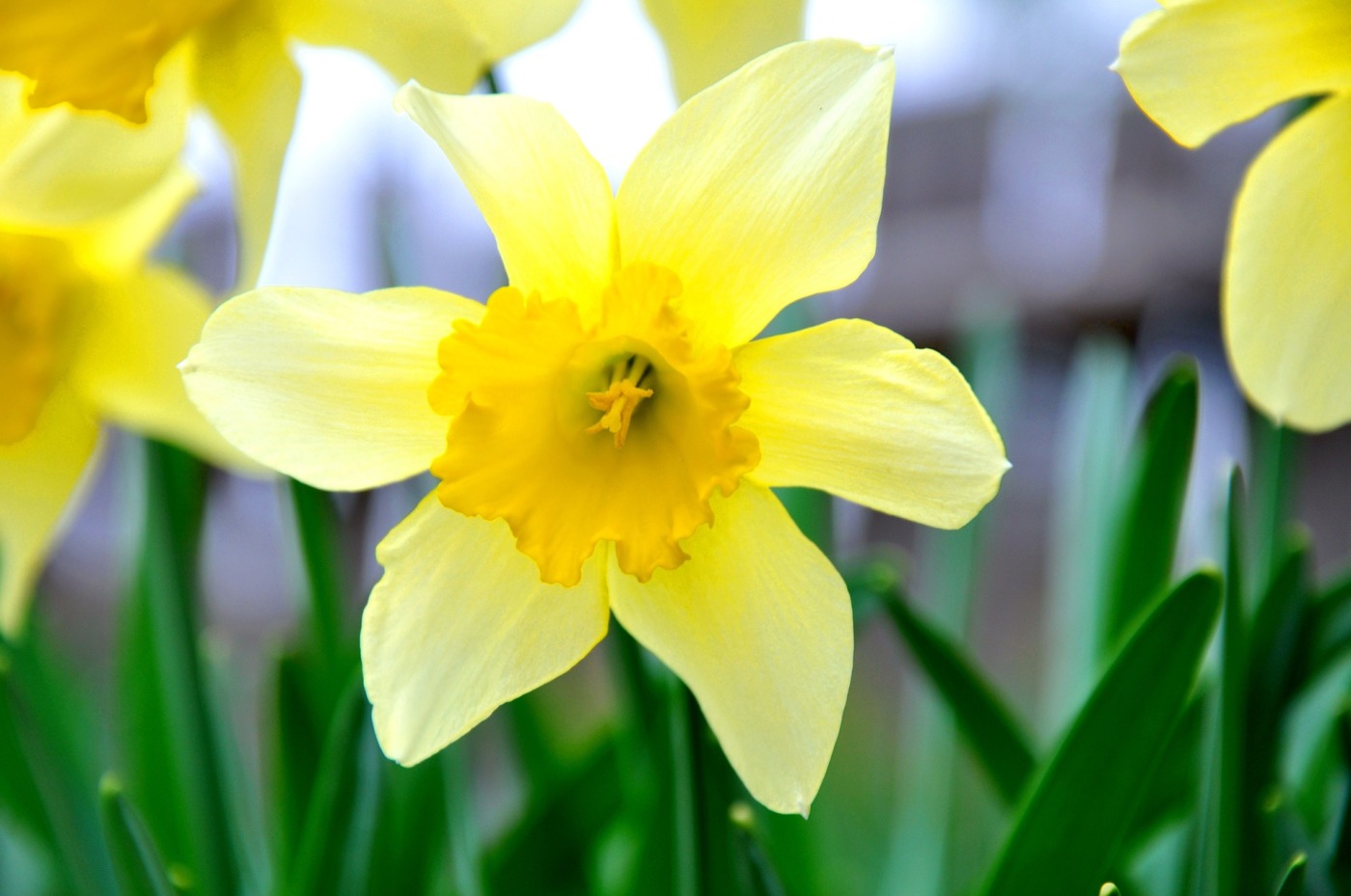I had always hoped that I was
- psychologically strong enough,
- resilient enough and
- optimistic enough
to cope with life’s challenges
without
needing to see a counsellor.
However, when a curveball of cancer knocked my young family off course, I conceded after some time that I needed to subdue my ego and seek counselling.
Counselling sessions became a vital tool supporting my transition into living with loss as a young widow.
The first time I went to counselling, I met with a psychologist provided through my company’s corporate counselling program. She confirmed that I was coping well with the stresses of being a brain cancer carer and mother of young children. My husband (age 37) had responded well to treatment for aggressive brain cancer. I was back at work, my two toddlers were ok and I had a strong support network of family and friends. I felt validated. My colleagues and family had thought it prudent to consider counselling but it seemed that I was correct in my assumption that I was managing fine.
The second time I went to see a counsellor it was obvious that I would need several if not many appointments. It was 18 months later. The aggressive cancer in my husband’s brain had returned. He had run out of treatment options. The path ahead was grim and challenging. I was uncomfortable acknowledging that I needed help but my circumstances had changed. I researched and found a counsellor with a similar ethos who was experienced in supporting people through dying, bereavement and grief.
At my initial session I tried to bring her up to speed on my situation. As I explained the reasons that I was there, it became clear that not only was I about to become a widow but all of my nearest and dearest were going to be greatly impacted. My children (under five years of age) were going to become fatherless. My in-laws were going to lose their son. My family were going to lose a son-in-law and brother-in-law. All of our friends were going to lose their dear friend. Most of us were inexperienced in supporting a loved one as they entered palliative care. Everyone was going to watch me valiantly try to be okay. I didn’t dare show them all my fears and emotions in case I fell in a heap and couldn’t keep going. There was so much to be done, to be organised, delegated and communicated.
I was out of my depth.
We were all out of depth but we were going to try and be strong one for another. Our relationships of love, respect and trust were going to be tested.
I was the linchpin connecting everyone together.
I needed a professional to provide guidance and support.
My counsellor provided ideas and references as I navigated through
- the uncertainty of watching and waiting for the terminal brain cancer to impact my husband following the cessation of treatment,
- palliative care decisions,
- funeral arrangements,
- anniversary milestones and
- supporting my children.
I used her as an independent sounding board to work out how and why I planned to handle a particular situation. She did not know any of the individuals involved. She was not emotionally invested. It gave me an opportunity to stop being diplomatic/socially correct/trying to be brave for others and honestly explore what I wanted to do.
After some time, I gradually started to express some of my grief and emotions during appointments. Usually I would only explore my feelings with my parents or closest friends. I realised that although it felt odd talking to my counsellor it would be more appropriate and effective because
- My parents were also grieving – sharing my raw grief and fear with them would be too much.
- It was hard to find time to sit with my friends and have heart to heart chats. They had busy lives, were geographically dispersed and usually when we met or spoke by phone, my young children were within earshot.
- My counsellor was available in scheduled time slots that I could plan for.
- My friends cared deeply and sympathised but they could not empathise. My counsellor could empathise and provide wise references about grief due to her training and experience.
- My counsellor had supported me as I had navigated through many decisions and situations. She understood the background story. It was time to delve deeper.
I did not look forward to my appointments because I knew that intense emotions and memories would probably come to the surface.
This was the confirmation that it was necessary to attend!
As my counsellor and I sat with and explored emotions, memories and aspects of grief, I accepted the healing effect of compassionate listening and began to develop self-compassion and understanding. The three and a half years of being a cancer carer and new mother riding the brain cancer rollercoaster had been full of traumatic bittersweet moments that were physically, emotionally and mentally exhausting. I had put emotions on hold and these needed to be released(related blog). I had many dimensions of loss to identify and integrate into my sense of self.
It was no wonder that I was so tired, and low in energy. Every day was emotion-full!
I felt drained but also lighter after each appointment. I was learning to be kinder to myself and prioritise self care.
Regular appointments gave my buzzing subconscious mind some comfort and peace. It understood that I had allocated time to talk about some of my grief and emotions. Between appointments, I was able to be more present for my young children and benefit from comforting activities such as yoga, meditation and walks outdoors.
About three years after my husband died I stopped meeting with my counsellor. I no longer needed her guidance and independent compassionate listening. I had unpacked most memories, explored models of grief and integrated aspects of loss into my sense of self. I had found my essence again. My social and physical energy had returned. Most importantly, I had learnt self compassion. I knew that other tools of yoga, meditation, journalling, reading, time outdoors and friendships would provide wisdom, give me strength, keep me grounded and true.


I am a huge advocate of counselling and don’t think it is a sign of weakness at all. I believe it takes a lot more strength and courage to ask for help and guidance than to muddle through life’s pain and challenges on your own. You are brave and inspiring!
Yes! Thank you Cynthia. We are all interconnected and can help each other and accept help from one another.
After my husband died, I began to have panic attacks in the evenings. When I began to have them during the day, I went to my family Doctor and she said, “You’re not going to get better unless you go to grief counseling.” I thought that I knew everything about grief because my Father had passed away a few years earlier but I was wrong. I too was out of my depth. Grief counseling saved my life.
Thank you for sharing Stephanie.